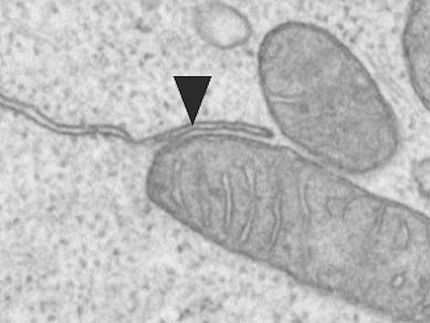Do high-fat diets make us stupid and lazy?
New research in the FASEB Journal shows that high-fat diets are just as unhealthful in the short term as they are in the long term
Advertisement
New research published online in The FASEB Journal showed that in less than 10 days of eating a high-fat diet, rats had a decreased ability to exercise and experienced significant short-term memory loss. These results show an important link between what we eat, how we think, and how our bodies perform.
"Western diets are typically high in fat and are associated with long-term complications, such as obesity, diabetes, and heart failure, yet the short-term consequences of such diets have been given relatively little attention," said Andrew Murray, co-author of the study and currently at the University of Cambridge in the United Kingdom. "We hope that the findings of our study will help people to think seriously about reducing the fat content of their daily food intake to the immediate benefit of their general health, well-being, and alertness."
Murray and colleagues studied rats fed a low-fat diet (7.5 percent of calories as fat) and rats fed a high-fat diet (55 percent of calories as fat). The researchers discovered that the muscles of the rats eating the high-fat diet for four days were less able to use oxygen to make the energy needed to exercise, causing their hearts to worker harder — and increase in size. After nine days on a high-fat diet, the rats took longer to complete a maze and made more mistakes in the process than their low-fat-diet counterparts. Researchers then investigated the cellular causes of these problems, particularly in the mitochondria of muscle cells. They found increased levels of a protein called uncoupling protein 3, which made them less efficient at using oxygen needed to make the energy required for running.
"It's nothing short of a high-fat hangover," said Gerald Weissmann, M.D., Editor-in-Chief of The FASEB Journal . "A long weekend spent eating hotdogs, French fries, and pizza in Orlando might be a great treat for our taste buds, but they might send our muscles and brains out to lunch."
Original publication: Andrew J. Murray, Nicholas S. Knight, Lowri E. Cochlin, Sara McAleese, Robert M. J. Deacon, J. Nicholas P. Rawlins, and Kieran Clarke; "Deterioration of physical performance and cognitive function in rats with short-term high-fat feeding"; FASEB J .2009.


















































